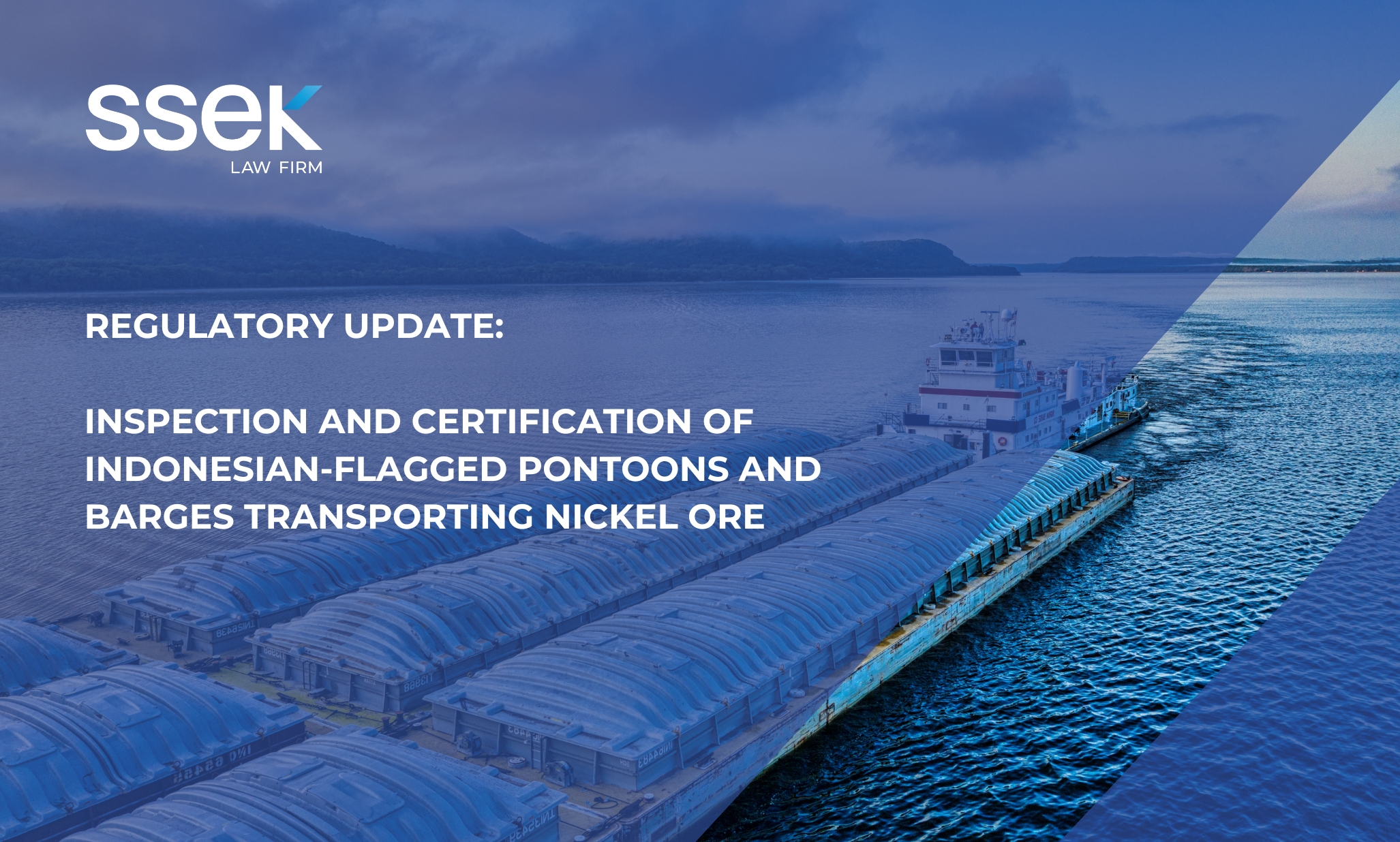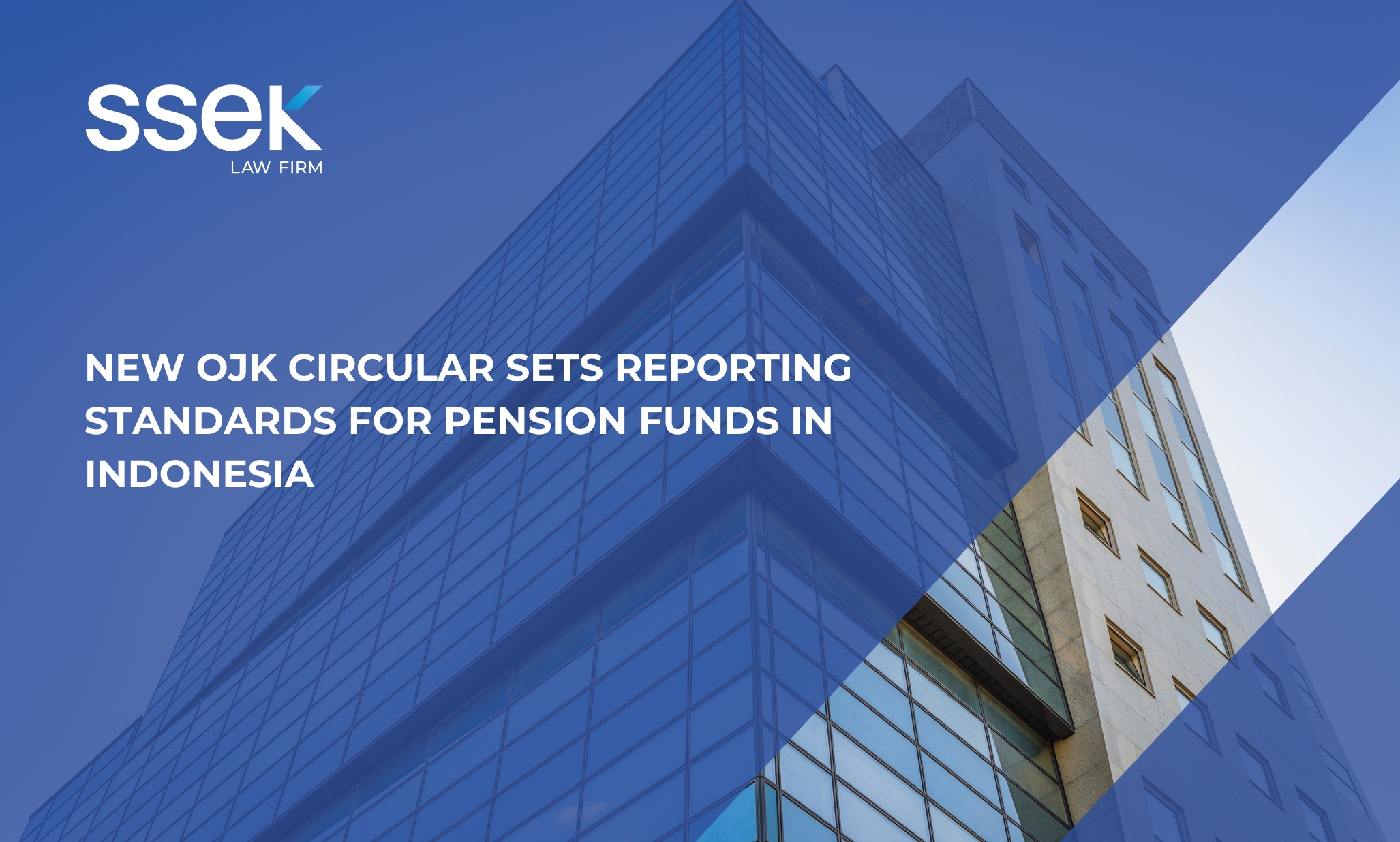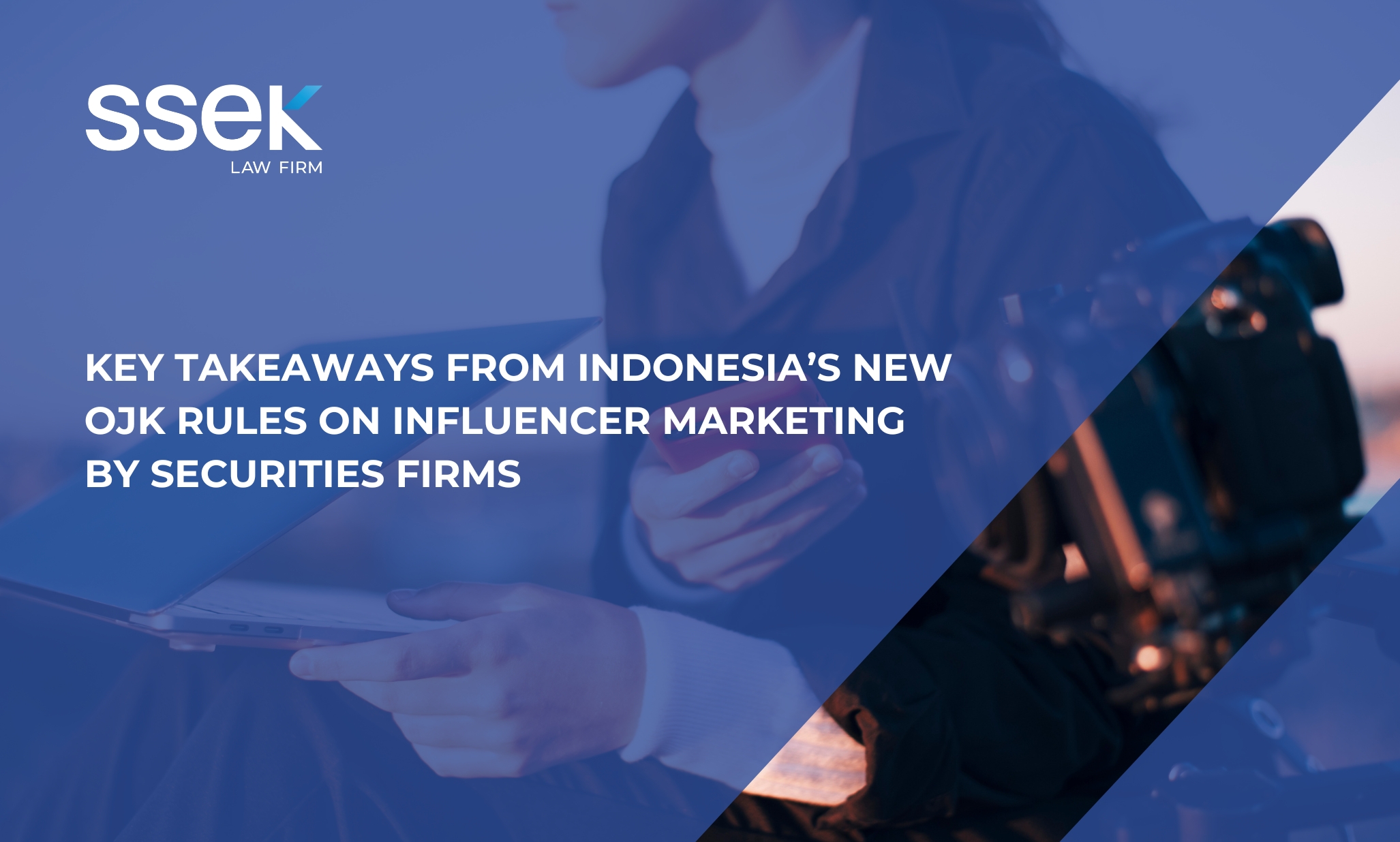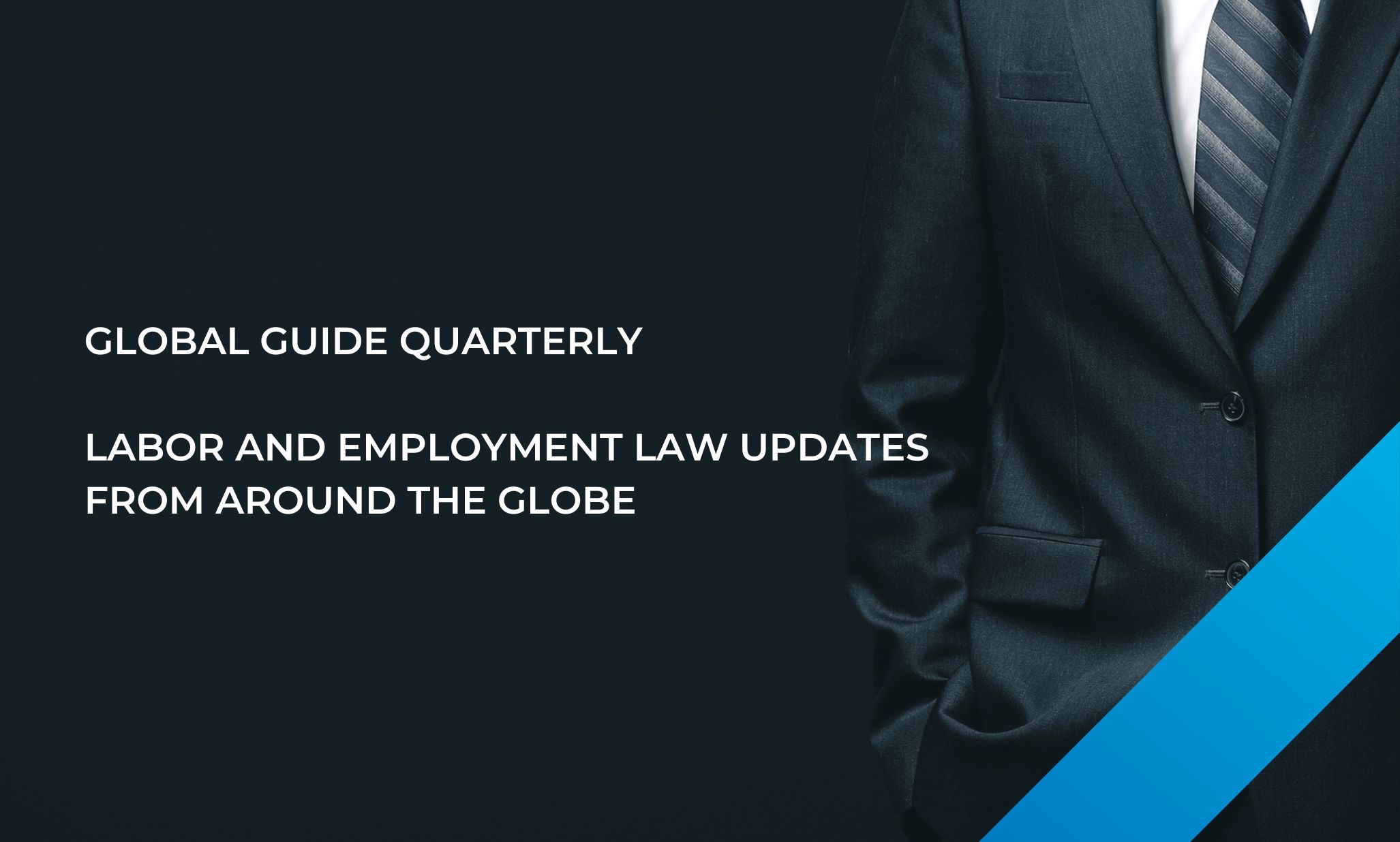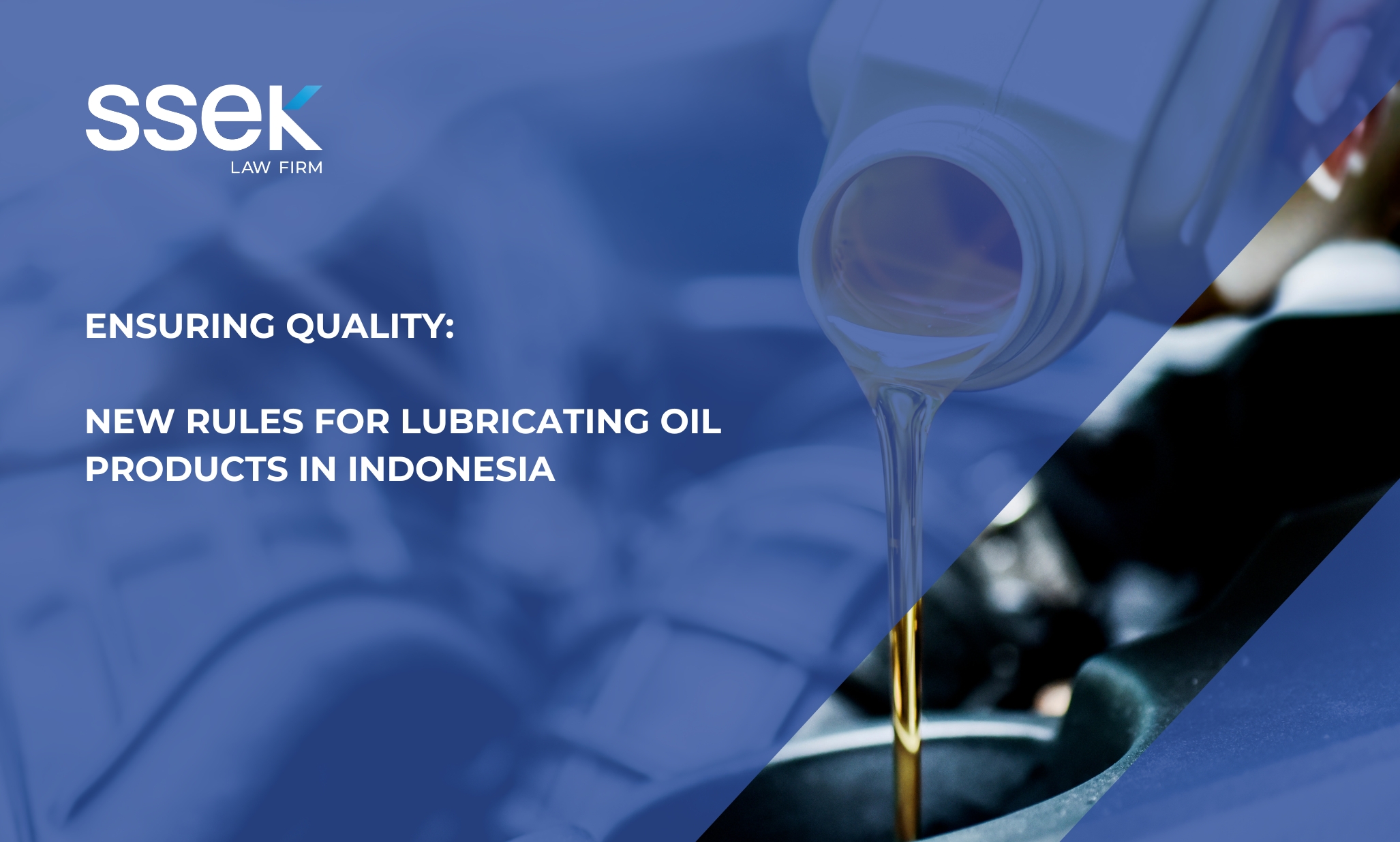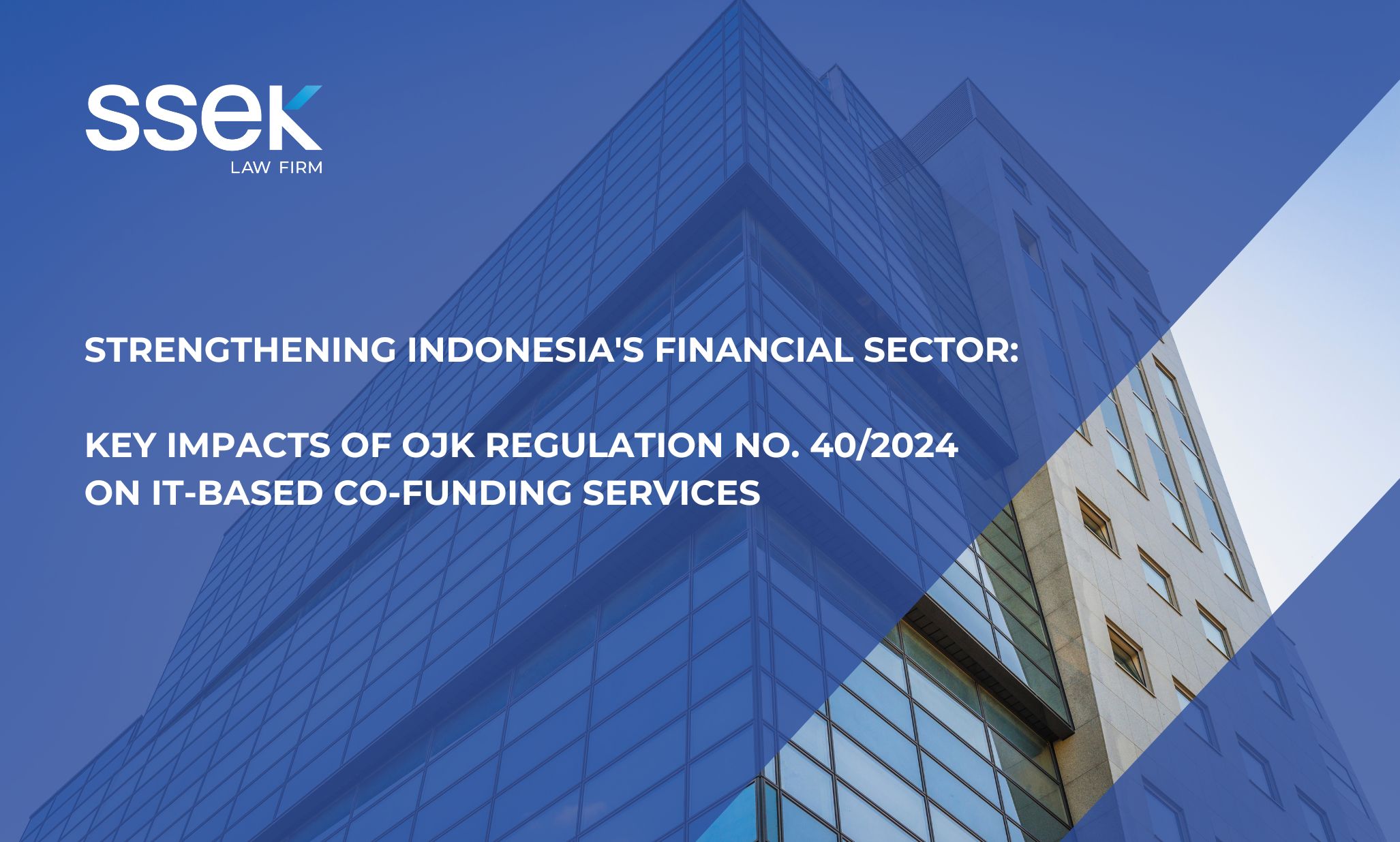


On December 24, 2024, Indonesia’s Financial Services Authority (Otoritas Jasa Keuangan or “OJK”) issued a regulation aimed at improving the oversight and operational framework for peer-to-peer (“P2P”) lending platforms in the country (“P2P Organizers”).
This new regulation is OJK Regulation No. 40 of 2024 regarding Information Technology-Based Co-Funding Services (“OJK Reg. 40/2024”), which supersedes OJK Regulation No. 10/POJK.05/2022 dated July 4, 2022 (“OJK Reg. 10/2022”).
Among the key provisions of the new regulation are updates to foreign ownership regulations, changes in the rules for controlling shareholders and legal entity shareholders, and guidelines for the employment of foreign workers. The new regulation also addresses capital requirements, reporting obligations, and approval processes for ownership changes.
Additionally, it highlights performance level standards, expands the business activity scope for P2P Organizers, raises the maximum financing thresholds, mandates the use of Indonesian legal entities for third-party cooperation, and enforces a credit scoring obligation to ensure better risk management and transparency.
Below are the details of the provisions introduced by OJK Reg. 40/2024.
P2P Organizers – Form of Legal Entity and Foreign Ownership
OJK Reg. 40/2024 introduces the possibility of co-operations becoming P2P Organizers; previously, OJK Reg. 10/2022 only allowed limited liability companies to become P2P Organizers.
Additionally, although OJK Reg. 40/2024 does not amend the maximum foreign ownership of P2P Organizers, it does indicate a possible change in the maximum foreign ownership percentage. Pursuant to Article 3 of OJK Reg. 40/2024, implementing regulations will be issued to govern foreign ownership of P2P Organizers. However, until such implementing regulations are issued, the direct or indirect foreign ownership of P2P Organizers is set at a maximum of 85% of the P2P Organizer’s paid-in capital.
OJK Reg. 40/2024 contains a grandfather clause whereby P2P Organizers with a foreign ownership percentage exceeding 85% that obtained a business license from the OJK prior to the enactment of the regulation are exempted from the foreign ownership limits under the regulation as long as they do not make changes to their foreign ownership.
Controlling Shareholders and Legal Entity Shareholders
OJK Reg. 40/2024 introduces a provision that controlling shareholders that are legal entities must have been operational for a minimum of two years participating in capital investment in P2P Organizers. However, this requirement does not apply to new controlling shareholders that previously underwent a merger, amalgamation, or separation.
Further, for shareholders in the form of a legal entity, the capital participation in a P2P Organizer is set at a maximum of the shareholder’s equity. This restriction does not apply to shareholders of P2P Organizers that are financial services institutions under the auspices of the OJK.
The above matters were not previously regulated under OJK Reg. 10/2022.
Expansion of P2P Organizers’ Business Activities
As previously regulated, the primary business activities of P2P Organizers consist of the provision, management, and operation of information technology-based co-funding services.
Under Article 130(2) of OJK Reg. 40/2024, in addition to these core activities, P2P Organizers are permitted to engage in several auxiliary activities, such as: (i) as a distribution partner for government securities to support government programs (strictly limited to offering sales within the primary market and prohibited from engaging in any other forms of offering); (ii) collaborating in informative service initiatives; and (iii) undertaking other approved activities as authorized by the OJK.
P2P Organizers wishing to engage in these auxiliary activities must fulfil several specific requirements. These requirements include incorporating the plan for additional activities in their business plan, maintaining a minimum health rating of composite 2, having equity of at least of IDR 12.5 billion, and not being subject to administrative sanctions such as business activity restrictions or suspensions.
The regulation provides flexibility to conduct business activities either through conventional practices or by adhering to Sharia principles. Specifically, Article 133(1) of OJK Reg. 40/2024 provides an exhaustive list to ensure that P2P Organizers are Sharia-compliant business actors. They must utilize specific contracts (Akad) that align with Islamic financial principles, such as Al-Bai', Ijarah, Mudharabah, Musyarakah, Wakalah, Wakalah bi al-Ujrah, and Qardh.
Capital, Reporting, and Approval for Ownership Changes
Previously, OJK Reg. 10/2022 mandated P2P Organizers to obtain the OJK’s approval for all ownership changes. However, with the enactment of OJK Reg. 40/2024, OJK approval is now only required for ownership changes that result from an acquisition, which includes changes to the controlling shareholder as well as the controller shareholder of the P2P Organizer’s controlling shareholder.
Non-public P2P Organizers must also report ownership changes which result in changes to shareholders other than the controlling shareholder and changes to shareholders other than the controlling shareholder of the non-public P2P Organizer’s controlling shareholder.
OJK Reg. 40/2024 requires that additional paid-up capital only be in the form of cash deposits, conversion or transfer of retained earnings, conversion or transfer of loans, and/or bonus shares; this was not previously regulated under OJK Reg. 10/2022.
Additionally, the previous regulation required P2P Organizers to have a minimum paid-up capital of IDR25 billion at the time of establishment. OJK Reg. 40/2024 now extends the capital requirement beyond the establishment phase, providing that P2P Organizers intending to make ownership changes through an acquisition require a minimum paid-up capital of IDR25 billion. P2P Organizers that make ownership changes through an acquisition originating from inheritance are exempted from this obligation.
Credit Scoring Obligation
Article 150 of OJK Reg. 40/2024 introduces a new obligation for P2P Organizers to perform a credit scoring evaluation when disbursing funds. This process ensures that funds are directed to qualified recipients, helping to mitigate financial risks by carrying out at least the following steps:
- First, P2P Organizers must verify the authenticity of the documents submitted by the potential recipient according to established credit scoring guidelines to ensure accuracy and reliability.
- Second, P2P Organizers are required to clarify and confirm details with the potential recipient. This can be done through direct meetings, electronic communication, or online methods while adhering to OJK regulations on anti-money laundering, counter-terrorism financing, and preventing the funding of weapons of mass destruction proliferation.
- Third, P2P Organizers must process relevant data from third parties necessary for the credit scoring assessment.
- Lastly, P2P Organizers must analyze the potential recipient's profile to evaluate their suitability for receiving the funds.
P2P Organizers may also consider other factors such as the recipient’s character, including their integrity and trustworthiness, and their financial capacity to repay based on income and history. Additional factors such as the potential recipient’s financial capital, economic prospects, and any collateral offered should also be considered.
This comprehensive approach seeks to ensure that the funds are distributed to recipients who are reliable and capable of fulfilling their repayment obligations, while also maintaining the integrity of the funding process and minimizing risk for both P2P Organizers and recipients.
Performance Level (Tingkat Kesehatan)
According to Article 167 of OJK Reg. 40/2024, P2P Organizers are required to maintain a Performance Level with a minimum composite rating of 3. Performance Level refers to the assessment of the P2P Organizers’ condition based on factors such as capital, funding quality, management, profitability, and liquidity. Each of these Performance Level assessment factors will be assigned a ranking, determined through a detailed and systematic analysis. These rankings will be categorized from 1 to 5, providing a clear indication of the performance status based on these factors.
Higher Maximum Financing Threshold
OJK Reg. 40/2024 specifies that the primary business activities of P2P Organizers can be conducted through two main types of financing: productive loans and consumptive loans. Under Article 137(3) and (4) of OJK Reg. 40/2024, the maximum limit for consumptive and productive financing to each recipient IDR2 billion.
P2P Organizers may increase financing up to IDR5 billion if certain conditions are met. These conditions include maintaining a non-performing financing ratio of no more than 5% over the past six months and ensuring that the P2P Organizer is not subject to sanctions involving restrictions or the partial or total suspension of business activities by the OJK. These changes seek to ensure that higher financing thresholds are granted only to P2P Organizers demonstrating financial stability and compliance with regulatory requirements.
Employment of Foreign Workers
OJK Reg. 10/2022 required P2P Organizers employing foreign workers to report the use of these foreign workers to the OJK. OJK Reg. 40/2024 introduces a new requirement that P2P Organizers obtain the OJK’s approval prior to the utilization of foreign workers and include the planned employment of foreign workers in their business plans.
In addition, OJK Reg. 40/2024 now limits the employment of foreign workers to a maximum of two years, which can be extended by an additional two years. This is a change from OJK Reg. 10/2022, which limited the employment of foreign workers to no more than three years without the possibility of extension.
Note that foreign workers may only be employed in positions outside the information technology field, either as experts at one level below the Board of Directors of the P2P Organizer or as consultants.
Also on employment, while OJK Reg. 40/2024 and OJK Reg. 10/2022 both prohibit outsourcing for funding feasibility assessments and IT operations, the new regulation further specifies under Article 56(4) that IT operations include user access management and database management.
Indonesian Legal Entity as Collaborating Entity in Third-Party Cooperation
Under OJK Reg. 40/2024, P2P Organizers are permitted to collaborate with both financial and non-financial institutions, provided that certain criteria are met. The parties involved in the cooperation must be registered, licensed, or recognized by the OJK or other relevant regulatory bodies. The cooperation must be formalized through a written agreement and included in the P2P Organizer’s business plan. Additionally, Article 156(2)(d) contains a new criterion that a collaborating entity must be an Indonesian legal entity.
P2P Organizers can engage in data exchange cooperation, which must be formalized in a data confidentiality agreement, ensuring that the recipient of the data complies with the confidentiality terms. The agreement should cover the parties involved, the type of data, its usage and disclosure, the rights and obligations of the parties, accountability, and the duration for which the data can be used and stored.
These provisions seek to ensure that all cooperation arrangements are transparent, legally binding, and compliant with regulatory standards, while also safeguarding the integrity and confidentiality of sensitive data exchanged between parties.
Other Notable Additions
In addition to the above requirements introduced by OJK Reg. 40/2024, the new regulation now sets a deadline for P2P Organizers to register as members of the Asosiasi Fintech Pendanaan Bersama Indonesia (AFPI), the official association for peer-to-peer lending businesses. They must complete their registration no later than six months from the date their business license is issued.
The regulation also reasserts the obligation to effectively implement anti-money laundering, prevention of terrorism financing, and prevention of financing of proliferation of weapons of mass destruction programs.
Finally, OJK Reg. 40/2024 mandates P2P Organizers to maintain an equity ratio of 50% of paid-up capital and a minimum liquidity ratio of 120%.
This publication is intended for informational purposes only and does not constitute legal advice. Any reliance on the material contained herein is at the user’s own risk. All SSEK publications are copyrighted and may not be reproduced without the express written consent of SSEK.




